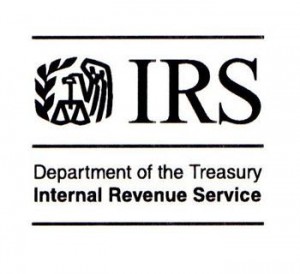 In recent years, the Internal Revenue Service (“IRS”) has been allowing plan sponsors to request determination letters on the qualified status of their retirement plans only during certain periods (cycles). For individually designed governmental plans, such a cycle (Cycle E) opened on February 1, 2015, and will remain open until January 31, 2016. The IRS has also issued some helpful guidance on governmental plan determination letters. For the reasons set forth below, it is important for governmental plans intended to be qualified to make timely requests for IRS determination letters.
In recent years, the Internal Revenue Service (“IRS”) has been allowing plan sponsors to request determination letters on the qualified status of their retirement plans only during certain periods (cycles). For individually designed governmental plans, such a cycle (Cycle E) opened on February 1, 2015, and will remain open until January 31, 2016. The IRS has also issued some helpful guidance on governmental plan determination letters. For the reasons set forth below, it is important for governmental plans intended to be qualified to make timely requests for IRS determination letters.
Why does it matter whether a governmental plan is qualified?
In the past, governmental plans have often not been concerned about their qualified status. Their theory was that a trust under a governmental plan is always tax-exempt, regardless of the qualified status of the plan. News Release IR-1869 (August 10, 1977). And of course, since a governmental entity does not pay taxes, it is not concerned about tax deductions for contributions to the plan.
Nevertheless, qualified status has several important advantages for a governmental plan:
- Employees are not taxed on employer contributions to a qualified plan. By contrast, employees are taxed on employer contributions to a nonqualified plan when those contributions become vested.
- Mandatory employee contributions to a qualified plan can be made pretax under Internal Revenue Code section 414(h)(2). No such relief is available for mandatory employee contributions to a nonqualified plan.
- The tax on distributions from a qualified plan can be deferred by rolling the distribution over to another qualified plan or to certain other kinds of plans. Rollovers are not available for distributions from nonqualified plans.
- Qualified plans are able to invest in certain types of investment funds not available to nonqualified plans.
Does a governmental plan need a determination letter to be qualified?
In theory, no. However, as a practical matter, the qualification requirements are so complex, and their interpretation is often so ambiguous, that it is impossible to be certain that a plan is qualified in the absence of a determination letter. As stated by the IRS:
A favorable determination letter indicates that, in the opinion of the IRS, the terms of the plan (i.e., the form of the document) conform to the tax-qualification requirements contained in the Internal Revenue Code (Code). Accordingly, a favorable determination letter provides a plan sponsor with protection from the risk that the IRS, upon audit of the plan, will determine that the written terms of the plan for the period covered by the determination letter do not satisfy the applicable tax qualification requirements. Without the benefit of the favorable determination letter:
- The plan could be retroactively disqualified back to the date of the defective amendment(s) and eliminate the tax benefits applicable to tax-qualified plans for all affected years; or
- The plan sponsor would have to enter into a special closing agreement with the IRS and agree to pay relatively expensive sanctions.
